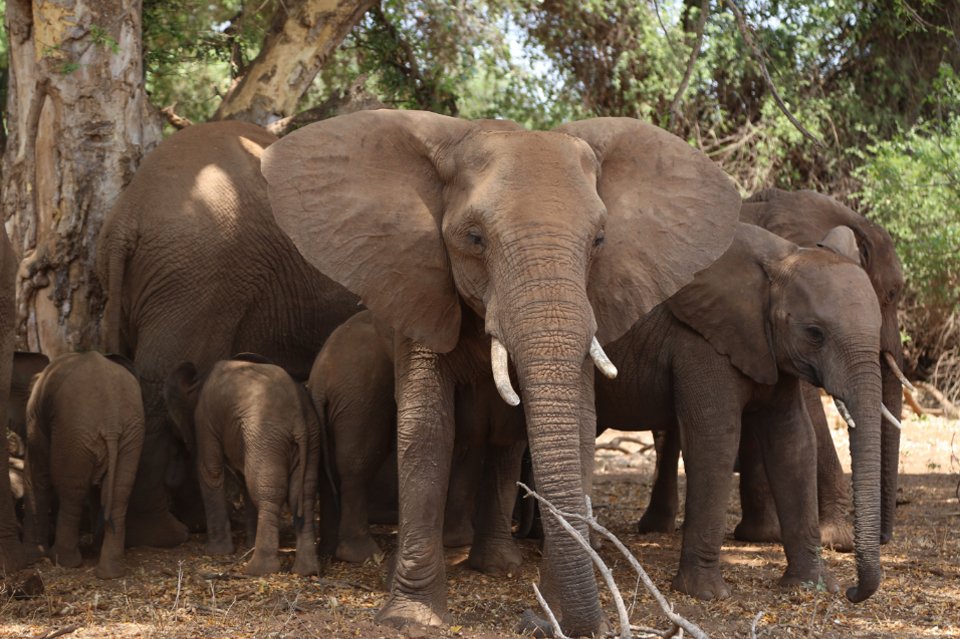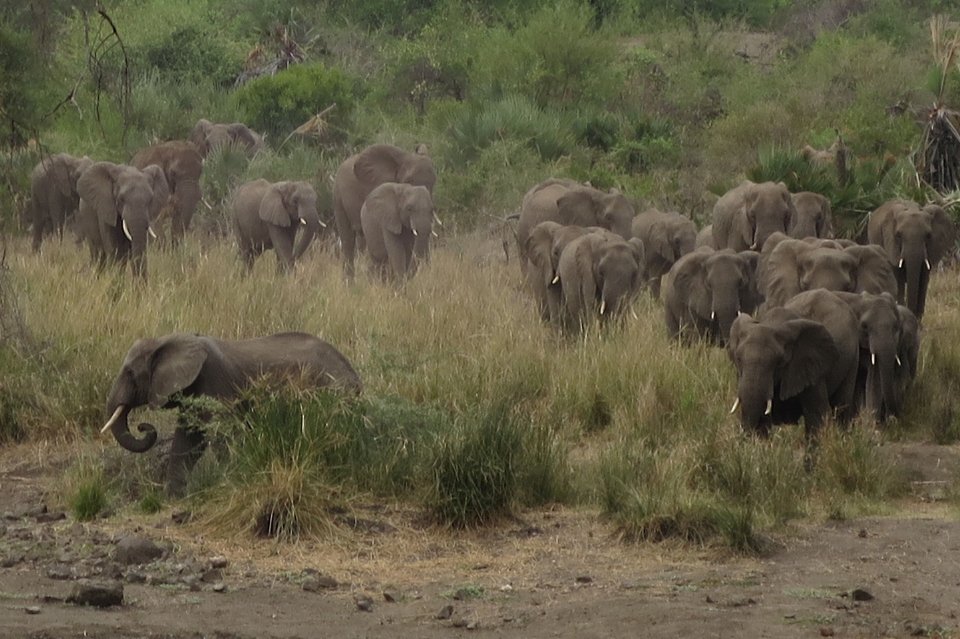Globally, people across all regions, including Indigenous Peoples and local communities, rely on wild species for cultural, livelihood, and recreational purposes. However, overexploitation is causing declines in various taxa and regions – from fish to fungi, large mammals to medicinal plants, timber species to tortoises. The drivers stem from complex factors like institutions, economics, and culture. This project mobilises global expertise in science, policy, and practice to tackle overexploitation challenges, fostering sustainable use models that meet human needs while preserving species.


JAMMA INTERNATIONAL
Our
Approach
Jamma wholeheartedly supports this committed non-profit organisation in its goal to develop and grow our understanding of elephant ecology. Their important research contributes towards the long-term survival of the African elephant and thereby helping to maintain the biodiversity of large parts of rural Africa.
Drawing on significant data gathered for two decades, Elephants Alive deliver research solutions that enable a greater understanding of the complex relationships that elephants have with each other and their surroundings, including the people with whom they share their world.













